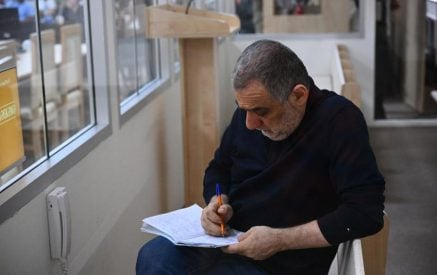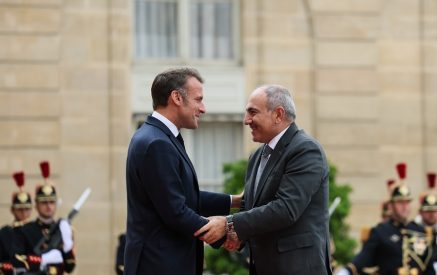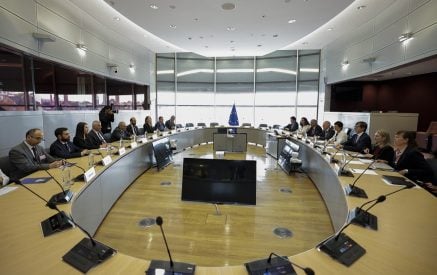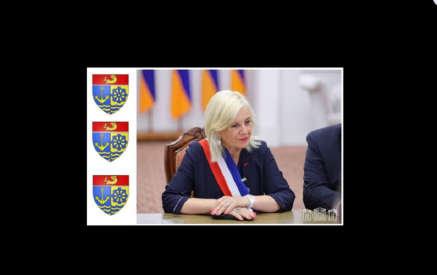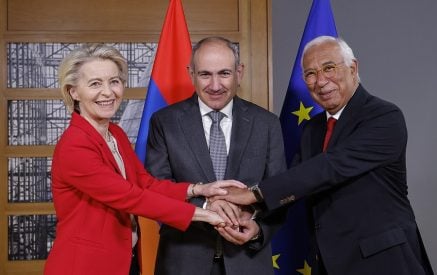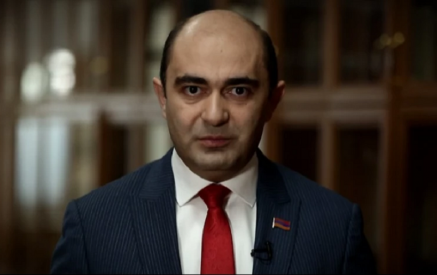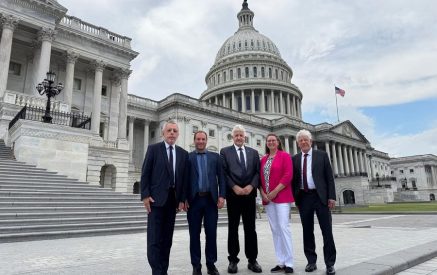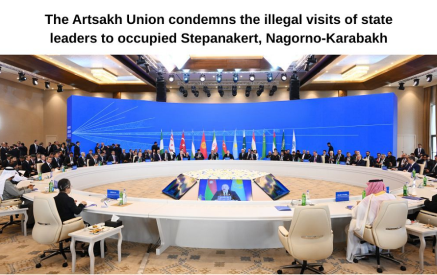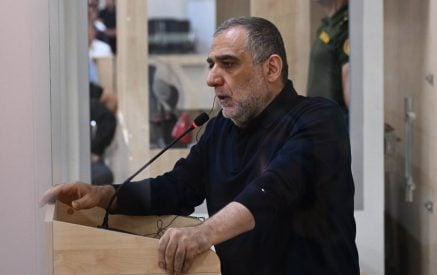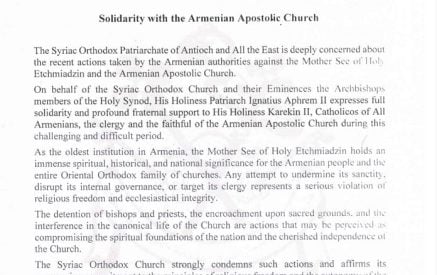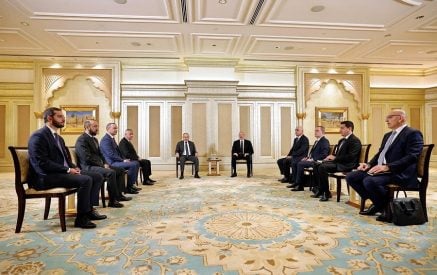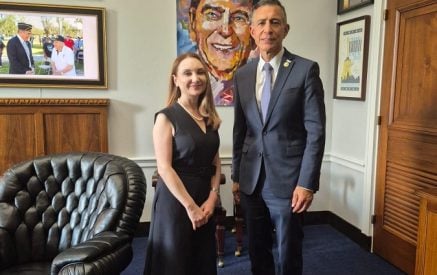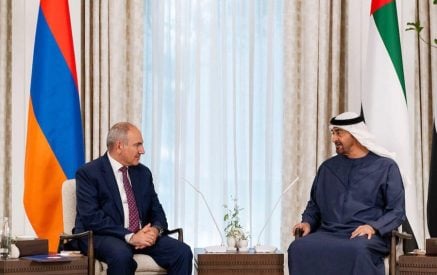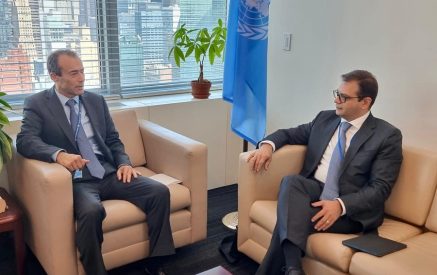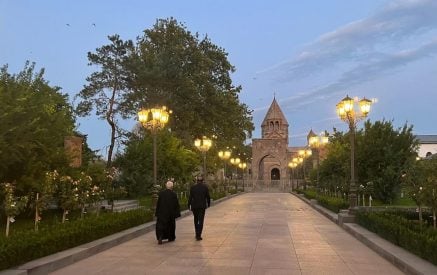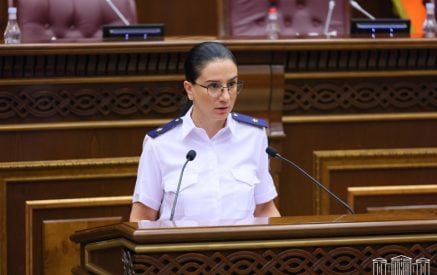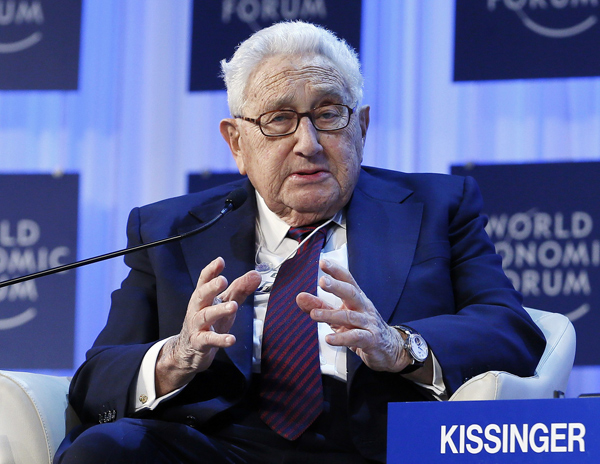Such is Henry Kissinger’s offer
One of the old-timers of American diplomacy and foreign policy, 91-year-old Henry Kissinger has written a new book entitled “The World Order” (the full name, “World Order. Reflections on the Character of Nations and the Course of History”). Kissinger, as it is known, is the supporter of the so-called “real politics”. As to what extent the policy was realistic during his tenure as a Secretary of State (1973-1977), as they say, the history will decide. As a “minus”, usually the bombing of Cambodia is mentioned, as well as the coup against socialist president of Chile, Allende, and as a “plus”, the ease of tension with the Soviet Union, the end of Vietnam War, and the peace treaty between Israel and Egypt. For us, it is more interesting how Kissinger visualizes the world order today, when the basic components of this order seems to be undermined. The diplomat’s solutions are derived from his notions about realism and idealism.
As the embodiment of it, Kissinger counters the 26th and 28th presidents of his country, Theodore Roosevelt (1901-1909) and Woodrow Wilson (1913-1921). The foreign policy of the first one, according to the author, was based on the interests of the state, geopolitical considerations and tough power. The second one was trying to establish the democratic values in the world, which are adopted inside the United States, he was also exercising the “international law” more by means of diplomatic rather than force. In his book, Kissinger was just ridiculing Wilson, not forgetting that the latter had come to politics from academic circles, having only two years of experience in politics. Former Secretary of State lists the undertakings by the 28th president of the United States, noting that all of them, actually, were a failure.
We, Armenian, know very well about it. This president’s the so-called “arbitral verdict”, in particular, about how the border between Armenia and Turkey should pass, remained on paper. Although this document is totally in consistent with the notions about human justice and the international laws. But in politics, they do not even care about justice and the laws. Wilson’s idealistic approach, in the opinion of Kissinger, had its continuation in some U.S. presidents’ policy and has leaded to disappointments, frustrations, invasions and withdrawal of military troops in Vietnam, Iraq and Afghanistan. Kissinger consider more than one trillion dollars’ worth attempts to establish democracy in the Middle East horrible, when there is no sufficient historical experience about perceiving these values. In 2011, Hosni Mubarak was dismissed from the office in the name of democracy, but Washington turned a blind eye on the military coup, which resulted in incompetent and not notable with tolerance “Muslim brothers” to come to power.
Read also
In Libya, Colonel Gaddafi was overthrown under the pressure from Britain and France, but presently, this country is being decomposed in the result of tribal hostility and activities by various gangs. These two assessments by Kissinger, in my opinion, are indisputable. Syria is another matter. Here, in the author’s opinion, Obama as demonstrated indecision, in the event of proving the existence of chemical weapons, he was to attack the country. The diplomat, generally in some cases, supports the tough action, which, however, do not pursue some idealistic goals, but are servicing for the country’s national interests. The United States, in his opinion, should maintain its leading role in creation of the world order, but not as a police officer engaged in moral admonition, but as a decisive and pragmatic superpower that operates with its allies and sometimes rivals to maintain the balance in the world. Kissinger acknowledges that the world order should be based on the balance of forces rather than anyone’s hegemony. This balance also implies to what the author calls a “moral neutrality”, which he understands as an opportunity for all nations to adhere to their own values. In 2016, presidential elections are scheduled in the United States. Will the candidates consider Kissinger’s advice?
ARAM ABRAHAMYAN




